“…now stir in 100 grams of specialist artists”.
Last week saw us running The Big Consultation. 110 lucky people were asked 3 questions about politics and their answers were recorded. Old people, young people, people on the market and students on campus were asked what politics meant to them, how they participated in it and what might make it more attractive. Some talked at length, some were brusque, some took on aliases (I don’t think there is a Bishop of Bermondsey is there?) and some told us about elections that really mattered*.
Meanwhile two great interviews were transcribed one from a Member of Parliament, one from someone who had stood for election but lost by 6 votes. Both were local women and both eloquently described the political system and how it has affected their lives.
This week we will take this material to the intergenerational group and explore it. But the nature of this exploration is troubling me at the moment. The question is how the specialist artists are introduced into the process. We are nearing the end of term, and the point at which our writer Simon Startin, will lock himself away to try and turn everything that has been gathered and developed, into some sort of suggested script or scenography.
Over the last 10 weeks the exploring has been about how the interviews and statistics that we have gathered might be turned into good theatre. Now what that means is obviously dependent on your definition of good theatre, and my definition of good theatre might be different to yours or anyone else’s. At the moment I am lucky to be working with two young theatre makers from Prague who have been feeding into the process as well as Pip the designer and Alex Evans artist/facilitator. Between us there’s a huge amount of experience and opinion. Debate is passionate, the place of words let alone verbatim words is disputed. How to choose and use words for the exploration process is contested – should an intergenerational group working for 2 hours a week even be weighed down with text?
At the moment it’s not just about making fragments of theatre, it’s also about sharing what has been gathered with the whole group – learning about electoral turn-outs or the voting system in Belgium as well as getting an insight into the perspective of a candidate or returning officer. So, for me, if people have given words, we should at least consider their words. But what words ? To date we’ve conducted 24 interviews and each runs to about 10 pages. I give people in the group an interview to read and respond to – picking out passages of interest. I do the same thing myself. It’s like picking stones that are a useful size for the building.
But after that it’s about judging what people in the group think is ‘good theatre’. This is obviously subjective but in a project like this the room contains a wide spectrum of people with a wide spectrum of theatre making experience – from Jasmine and Alex who are in their early teens but now making their third intergenerational show to others who are doing BA and MA degrees in Theatre, but who are actually making their first piece of intergenerational work. And then there’s me, with my opinions and ingrained habits and sensibilities/taste, trying to get out of the way but unable to withhold my judgement. My taste is informed by the community piece I saw last week – that none of the group saw – but that I now want to avoid replicating.
So how do we as this huge sprawling group make decisions ? For me it’s applying the same criteria as ever. What will allow this company to make this story resonate with this audience. Not some imagined company in an imagined theatre on a model project.
*One response ran ‘In 1945-46 and there was a Labour landslide followed in ‘48 by the National Health Service so, for the first time something real happened to me and to thousands of millions of others. We had our teeth done and our health checked.’
